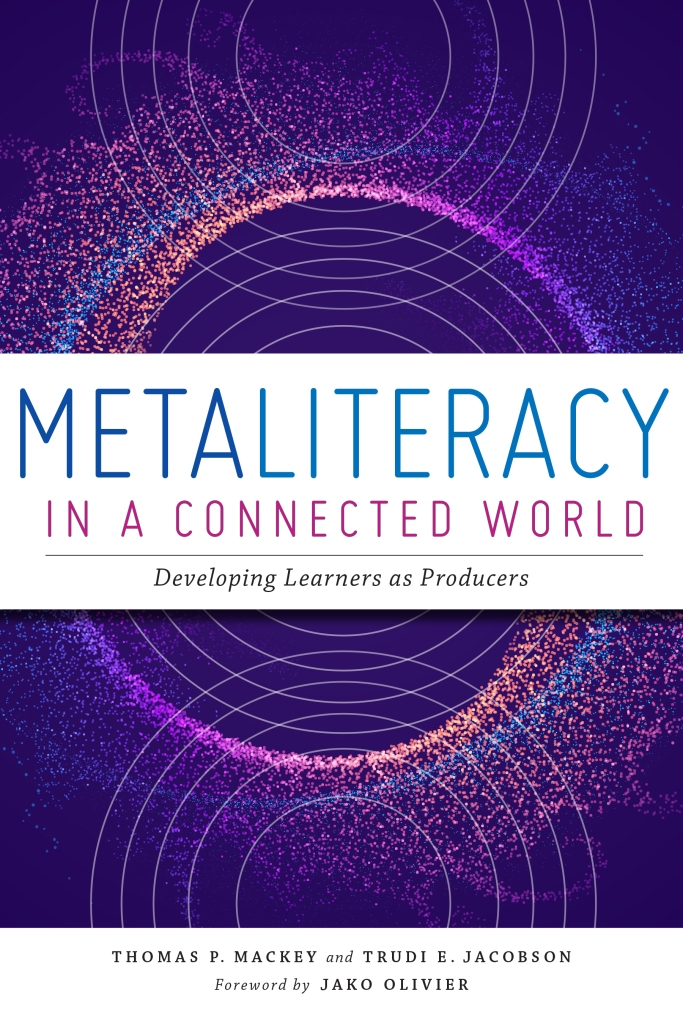The June 27, 2022, Academic Minute program featured Trudi Jacobson, and, of course, metaliteracy. The episode is entitled, Students Reflect on their Roles and Responsibilities as Wikipedia Editors. It is the first in a week of episodes by professors and instructors who teach using the Wiki Education initiative. Although the program airs on a number of National Public Radio (NPR) stations, it is produced here in Albany, NY at WAMC. This makes Trudi’s affiliation, which is listed as North-West University (NWU) in South Africa rather than the University at Albany, seem a bit odd, but in order to appear on the program, one needs to be actively affiliated with an institution of higher learning. Trudi is Distinguished Librarian Emerita at The University at Albany, SUNY and both she and Tom Mackey were appointed Extraordinary Professors at North-West University (NWU) in South Africa, soon after presenting a metaliteracy Prestige Lecture as well as keynotes and workshops there in 2019. As part of their honorary appointments, their latest Prestige Lectures at NWU continue in a series this year and next.
This is the third Academic Minute episode that features metaliteracy. Tom Mackey recorded the first, Metaliterate Leaners, which aired on May 18, 2020. Trudi’s first was Renewable Assisgnments, Wikipedia, and Metaliteracy, from December 15, 2021. As indicated by the name of the series, these are quick listens. You might want to give them a try if you’ve not already heard them. This newest episode includes quotes from two students who made connections between their work as information producers on Wikipedia, metaliteracy and learning.
Feel free to use these short clips as part of your teaching practices related to metaliteracy!
-Trudi








